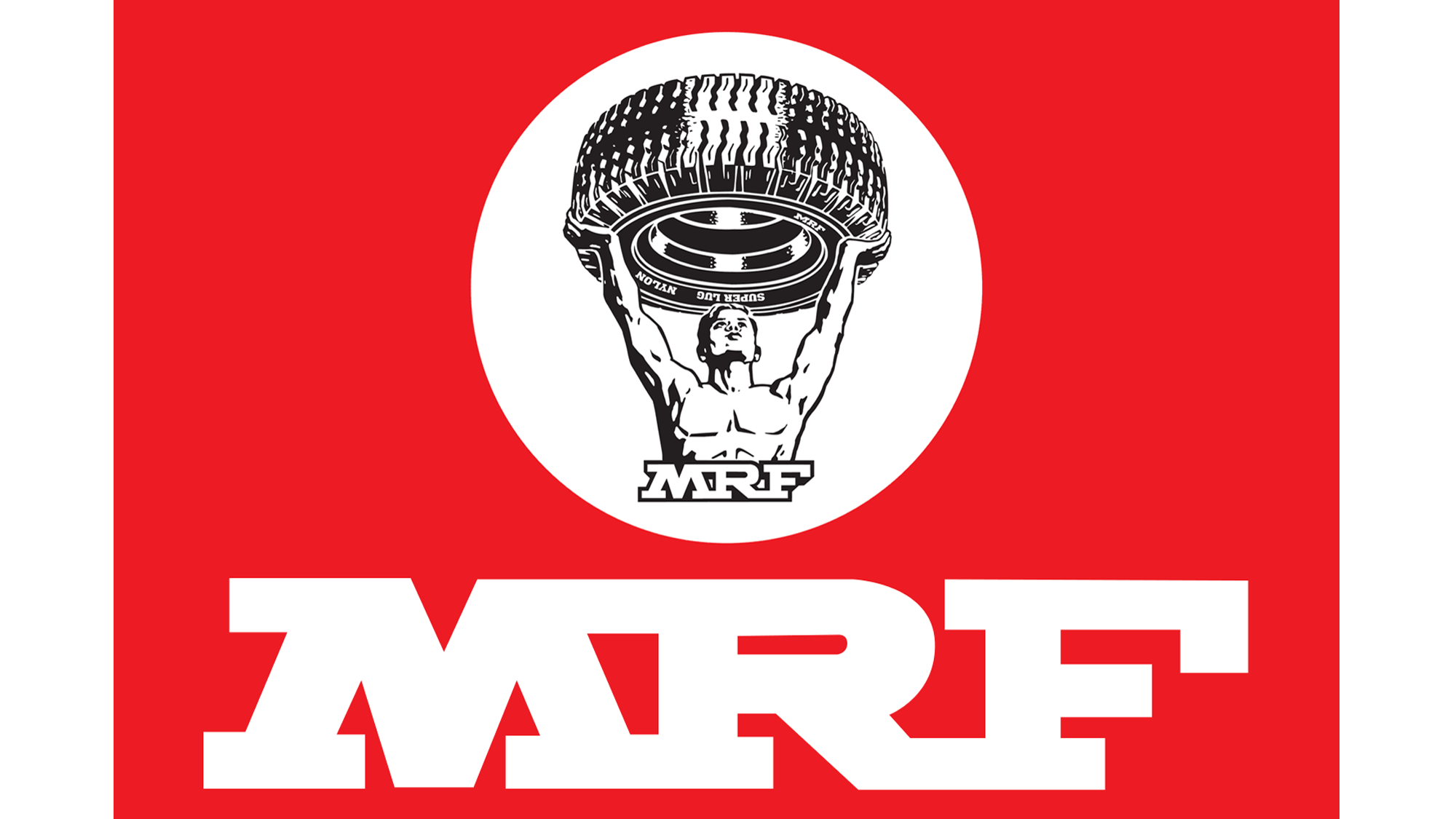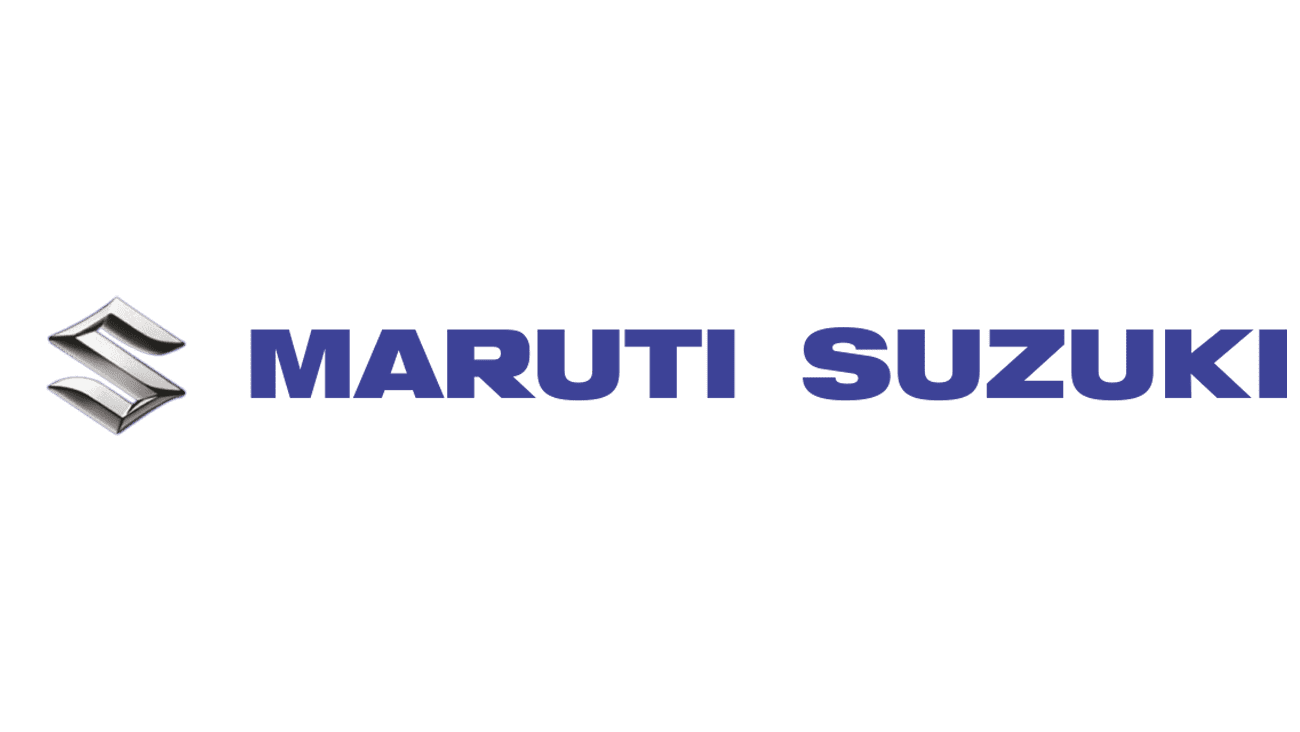Tax Collected at Source (TCS) – Rates, PROCESS, and Exemption etc
TCS stands for “Tax Collected at Source.” It is a tax collection mechanism in India that requires the seller of certain specified goods to collect tax at a prescribed rate from the buyer at the time of sale. TCS Filling With “India’s BEST TAX CONSULTANT.” Connect with our Experts.
Get File your TCS Hassle Free.
Tax Collected at Source (TCS) with Auriga Accounting
- Connect with our Experts
- Submit Your Required Documents
- Track Application Status
- Received your Certificate














